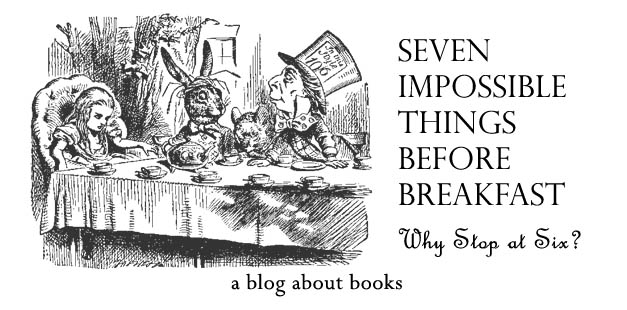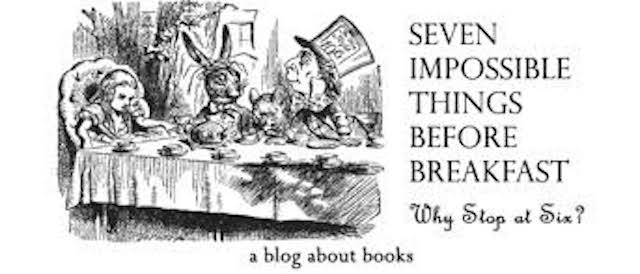
By Jules
Featuring: A Guest Post from Dean Schneider

A spread from Kwame Alexander’s award-winning The Undefeated, illustrated by Kadir Nelson: “… who shine/their light for the world to see and don’t stop/’til the break of dawn.” (Click to enlarge spread)
Here’s something a bit different today: I’m pleased to welcome a guest post from Dean Schneider, who teaches English and history at Ensworth School in Nashville, Tennessee. In his 45-year teaching career, Dean has taught in a variety of schools; served on several book award committees, including the Newbery and Caldecott; and written for several magazines.
Dean is a friend, and during a recent (socially distanced, of course) visit, he told me about the books he has planned for a history course he’ll teach this school year. I am always interested in hearing Dean talk about his work—he’s an outstanding teacher, and his students are lucky to have him—but I was especially intrigued by what he had to say about teaching during a pandemic and how he wants books to remain in the forefront. As a school librarian by training, I often seek the thoughts of talented teachers like Dean. (For instance, see this recent piece from Donalyn Miller on the importance of continuing to read aloud to students during these uncertain, unsettled times of returning to school during a pandemic.) And when Dean agreed to let me host his thoughts here at 7-Imp, I was delighted.
Best of all (and another reason I’m happy to share this), he will use picture books—with eighth graders—in this course. I’m always thrilled when teachers who understand the rewards of using sophisticated picture books with older readers do so in the classroom. Dean’s upcoming American history course is a splendid example of such a thing.
Let’s get to it. I thank Dean for visiting.
***
Dean: For 45 years, children’s literature has been the heart of my teaching. From the Reading Is Fundamental and tutoring programs I started in Newark, New Jersey, in the late 1970s, to teaching in a one-room schoolhouse in Tiverton, Rhode Island, to public and private schools, summer creative writing camps, children’s book award committees, speaking engagements, and writing countless book reviews and articles, children’s books have always been the heart of my work. The kindergarten teacher at my school used to introduce me to her classes, “This is Mr. Schneider. He’s the King of Books.” So, I have always thought of myself as The Bookman.
But how might I be The Bookman in the time of COVID-19, when students, even more than ever, are in front of screens and, thus, even less likely to find the time, inclination, or ability to slow down and settle into the mindset necessary for reading a “real,” physical book?
There is so much I don’t know about technology and all of the possibilities of using technology for remote learning. It can seem like a swamp, as can returning to a school of face masks, social distancing, and complicated procedures for when students and teachers start testing positive and what we have to do for quarantining. But, as comedian, speaker, and activist Baratunde Thurston said recently at a CreativeMornings event from New York City, “Remember what you know. Tap into that.” What I know is children’s literature, and that is what I will tap into. My lodestone for 45 years will continue to guide me through the thickets and mazes of technology and school procedures.
I’m teaching eighth-grade American history this year, a new course for me, and since I have the freedom to create a curriculum, it will be a literature-based program, not much different from how I have always taught English. (Though I have taught English for the last 31 years, I majored in history at Syracuse and went to the University of Virginia for graduate work in history.) I have spent a good part of the summer designing my curriculum, especially deciding which books to read with my students. If I’m worried about the pandemic and all of the craziness it has spawned, I can at least keep my focus on this.
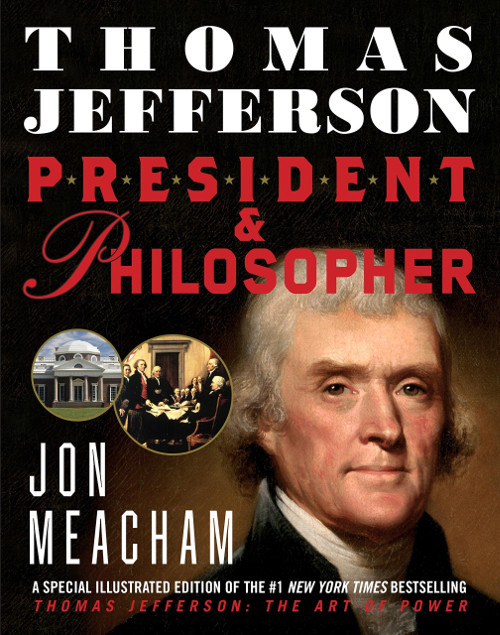
I decided to make Jon Meacham’s Thomas Jefferson: President & Philosopher the core text for my unit on colonial America and slavery. In adapting his Thomas Jefferson: The Art of Power for a younger audience, Meacham created an accessible volume that focuses on Jefferson and slavery, without diminishing Jefferson’s overall contribution to the American experience. I plan, too, to invite Meacham to speak via Zoom to my eighth graders. Given the twin themes of this summer—COVID-19 and the Black Lives Matter protests—this is a timely approach to American history, and I will complement it with Stamped: Racism, Antiracism, and You by Jason Reynolds and Ibram X. Kendi, which offers a long historical view of where racist ideas came from and how they persist.
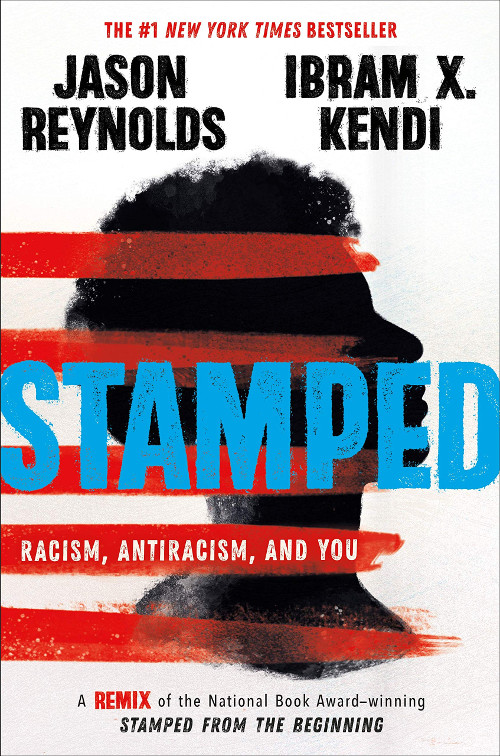
I’m especially excited to use two picture books as part of this curriculum. In Freedom Over Me: Eleven Slaves, Their Lives and Dreams Brought to Life, Ashley Bryan gives voice to eleven slaves. This is not a book about the enslaved; it is their stories and dreams, in their own voices, in poems written by Bryan, accompanied by his beautiful pen, ink, and watercolor illustrations, with collaged historical documents.

(Click cover to enlarge)
There’s Peggy the cook, Stephen the carpenter, Jane the seamstress, and others. This important book is special to me, because Ashley is a friend — and I was on Little Cranberry Island where he lives the summer he was working on this book. My wife, Robin, and I would go over to his house, and he would tell us how he acquired slave documents at an auction, show us the artwork in progress, and read aloud the poems. I remember Peggy’s face when Ashley had just finished it, still a loose page on his studio table, and hearing her voice in his. My students will each receive a copy of the book, read the whole book, and be responsible for reading aloud one character’s poem at a Zoom meeting with the whole class — as a bit of readers’ theater. Not many eighth-grade teachers use picture books in the classroom, but think of what students will get out of this: learning about Ashley Bryan, hearing poetry, learning about art, and witnessing history brought to life.

A spread from Freedom Over Me (Click to enlarge)

A spread from Freedom Over Me: “… We sang to strengthen our spirits. We cared for each other./Luckily, we were sold together to the Fairchilds’ estate. …” (Click to enlarge and read text in its entirety)
A second picture book we’ll read is Kwame Alexander’s The Undefeated, illustrated by Kadir Nelson. Winner of the 2020 Caldecott Medal and a Newbery Honor, this is, as Kadir Nelson said of Alexander’s poem, “a masterpiece of literature.”

(Click cover to enlarge)
This book [two spreads are featured below] is also an awe-inspiring visual celebration of heroes, survivors, and dreamers. Where Freedom Over Me will offer readers’ theater to my remote learning class sessions, The Undefeated, with its thorough back matter, will offer many historical figures and events for further research. My students will each select a person or event to research, write about, and present at a Zoom class.

This is for the unafraid./The audacious ones/who carried the red, white, and Weary Blues/on the battlefield/to save an imperfect Union.” (Click to enlarge spread)

The righteous marching ones/who sang we shall not be moved/because black lives matter.” (Click to enlarge spread)
Think of what these two picture books offer a history curriculum in terms of art, language, and history. I am so happy to have thought my way into a curriculum where Ashley Bryan, Kwame Alexander, and Kadir Nelson will be players on my Zoom stage—after students have each received and read the physical books, of course!
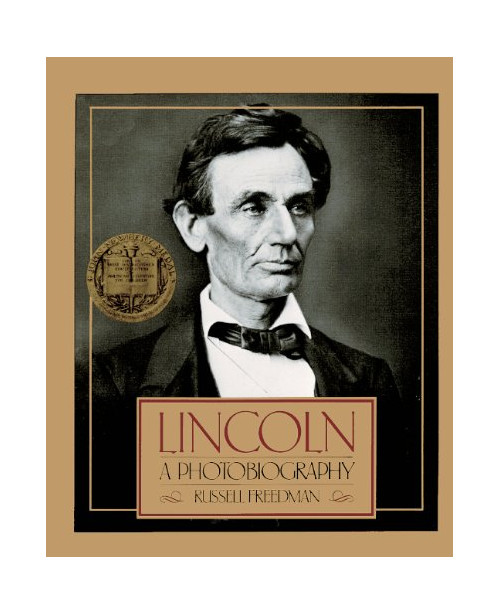
Finally—probably as much as I can fit into one semester—will be Russell Freedman’s Lincoln: A Photobiography. I could teach a whole American history course with only Freedman’s books, but this was his groundbreaking volume that won the 1988 Newbery Medal. It’s an accessible book for eighth graders or younger; it covers a large period in American history, from the 1830s through the Civil War; and it builds on themes I will have discussed with students through the prior books—class privilege, slavery, racism, and the legacy of Jefferson’s aspirational words, “All men are created equal.”
This is a selection of books that represents diversity, a literature-based history curriculum rooted in excellent history writing and perfectly relevant to current events. It is history, literature, art, and poetry all wrapped together. Getting the physical books into students’ hands is the heart of my work, so my students will receive each of these books. Maybe with Jon Meacham, Jason Reynolds, Kadir Nelson, Kwame Alexander, Ashley Bryan, and Russell Freedman at my side, I can make history less remote for my students.

Spread from Ashley Bryan’s Freedom Over Me: “… We made music!/When we stole time/we laughed, we danced. …” (Click to enlarge and read the text in its entirety)
* * *
FREEDOM OVER ME: ELEVEN SLAVES, THEIR LIVES AND DREAMS BROUGHT TO LIFE. Copyright © 2016 by Ashley Bryan. Illustrations reproduced by permission of the publisher, Atheneum/Caitlyn Dlouhy Books, New York, and re-posted from this 2016 7-Imp post.
THE UNDEFEATED. Text copyright © 2019 by Kwame Alexander. Illustrations copyright © 2019 by Kadir Nelson, Inc. and reproduced by permission of the publisher, Versify, an imprint of Houghton Mifflin Harcourt, Boston, and re-posted from this 2019 7-imp post.
 Julie Davidson (Jules) conducts interviews and features of authors and illustrators at her acclaimed blog, Seven Impossible Things Before Breakfast, a children’s literature blog primarily focused on illustration and picture books. The above blog was posted at 7-Imp on August 4, 2020 and is reprinted here with permission.
Julie Davidson (Jules) conducts interviews and features of authors and illustrators at her acclaimed blog, Seven Impossible Things Before Breakfast, a children’s literature blog primarily focused on illustration and picture books. The above blog was posted at 7-Imp on August 4, 2020 and is reprinted here with permission.

